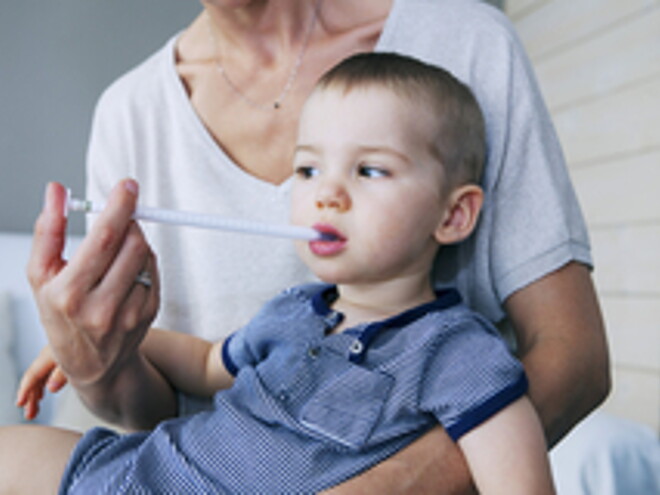
When Will The Doctor Prescribe An Antibiotic To Your Child?
Antibiotics And Your Child
IMPORTANT NOTICE: The World Health Organization (WHO) recommends exclusive breastfeeding for the first 6 months and continued breastfeeding for as long as possible. Growing up milks are formulated to meet nutrition needs of healthy young children older than 1 year and should not be fed to infants.
By definition, antibiotics are a complex type of antimicrobial medicine that either kills or inhibits the growth of disease-causing bacteria.
Based on this brief, we can say that antibiotics can help treat children suffering from different diseases, typically bacterial diseases, such as pneumonia, kidney infections, urinary infections and some skin infections.
But like any other medicinal treatment, antibiotics may cause short-term side effects (like diarrhea, skin rash, allergy, loss of appetite, abdominal pain, nausea, bloating and indigestion) and long-term side effects (like antibiotic resistance and beneficial bacteria imbalance).
That’s why we found it very important to raise parental awareness about appropriate antibiotic use for children, minimizing serious complications from antibiotic misuse, like in the case of viral infections and diseases.
The misuse or overuse of antibiotics can sometimes cause children lots of infections and complications. So when to use antibiotics and when not to use them?
Here is a quick overview of the most common childhood ailment sand if antibiotics are necessary to cure them:
- Cold and Flu: Cold and flu must not be treated by antibiotics, even if associated with fever and yellow or green discharges (like viral colds). Their symptoms generally disappear within 10 days. However, if a viral sinusitis is likely, the doctor will have to check on the child and assess symptoms then decide whether to prescribe an antibiotic.
- Throat Infections: In general, throat infections do not require antibiotic treatment, unless caused by strep bacteria. And in this case only, the child must get a quick throat swab to determine the right way of treatment.
- Coughs: As most coughs are caused by a germ called virus, they are rarely treated with antibiotics, unlike coughs normally seen with bacterial pneumonia.
- Ear infections: Ear infections were traditionally treated with antibiotics, but this tradition is nowadays losing its supporters, who are shifting towards the wait-and-see approach before prescribing any antibiotic of any kind, unless the child is very sick and in pain.
It is to be noted that ordinary medications, fever suppressants, pain relievers, congestion relievers and cough expectorants have been found to be effective in treating most common heath issues in children, and there is no need to replace them with antibiotics unless the doctor sees it necessary for the child’s sake.
Whenever the doctor prescribes your child an antibiotic, make sure to use it properly, following all instructions related to timing and dosage. Also make sure to get rid of any after-treatment remaining medicine, just to prevent yourself from saving it for later use.
While antibiotics can be a lifesaver for children suffering from specific diseases, they can be quite the opposite for children suffering from other types of diseases. The best thing you can do is to take preventive measures that will reduce the possibility of your child developing infections and diseases, such as: giving him vaccinations according to a recommended schedule, teaching him child hygiene basics, enriching his daily diet with essential nutrients to strengthen his immunity, and protecting him from sick people and smokers.
Read More: How To Rebuild Your Child’s Gut After Antibiotics?




















